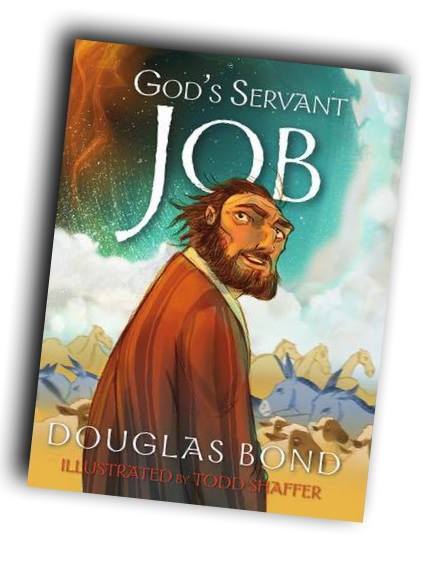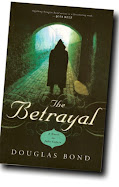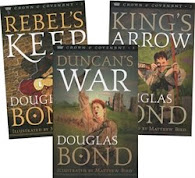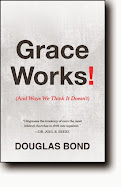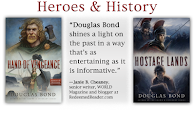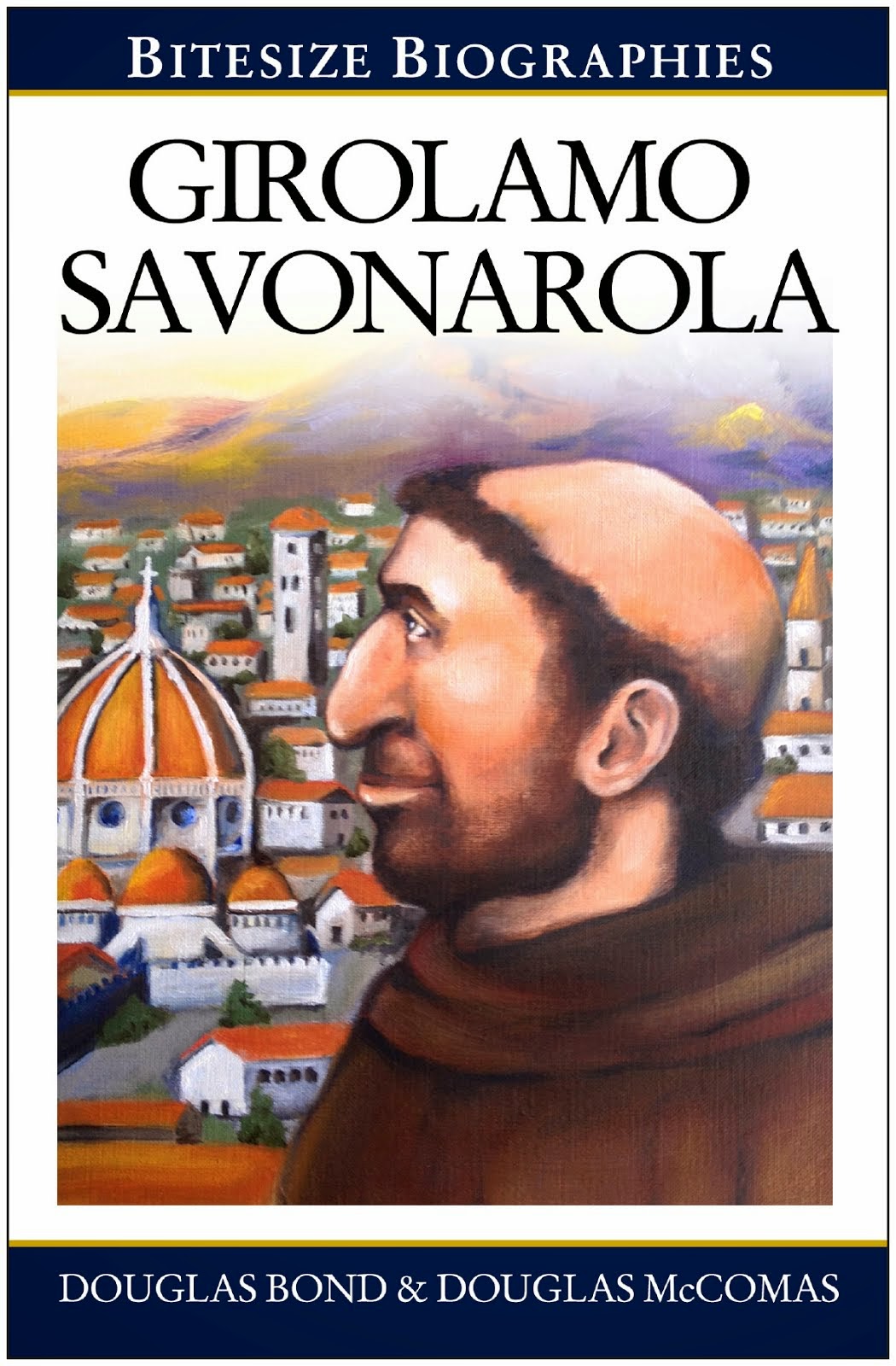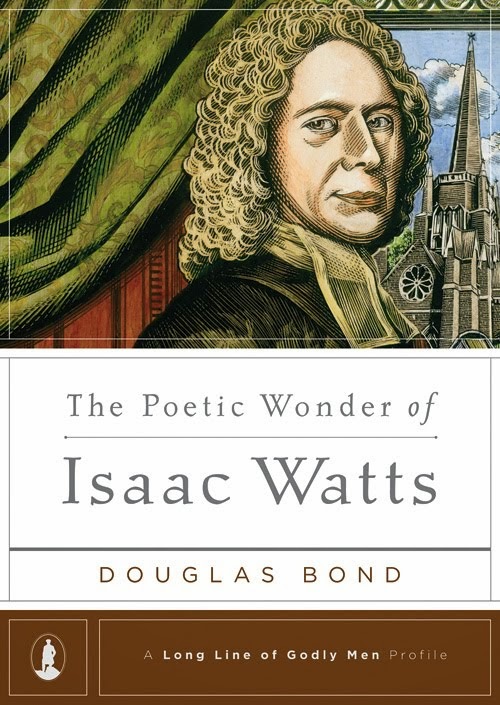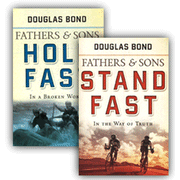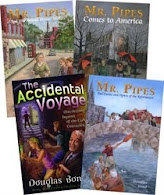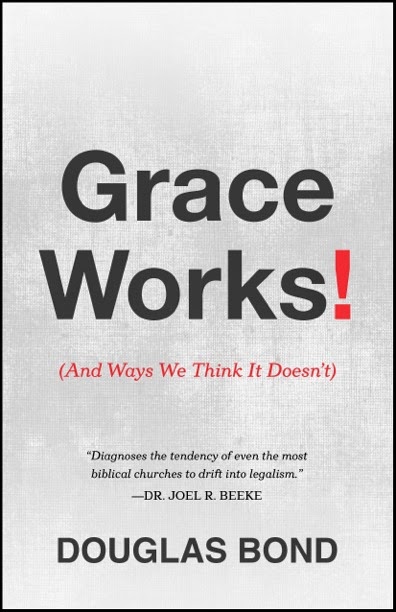 |
| My friend John Hemminger with his P-47 |
“Pay attention!”
Steve Kelley, sportswriter for the Seattle Times, recently recollected the advice his father used to give him when they sat together watching the Philadelphia Phillies at Connie Mack Stadium. “Pay attention,” his dad would say when Willie Mays came to bat. “You’re watching greatness. You don’t want to forget this.”
I remember sitting on “Tightwad Hill” with my uncle watching the farm club Tacoma Twins, cheering wildly as I peered through the binoculars. Next day after school, I’d grab my bat and try my best to imitate the swing of those heavy-hitter wannabes. For the record, no matter how hard I tried, I wasn’t wired for baseball greatness. “You can’t put in what the Lord’s left out,” quipped the trainer in the classic film, Chariots of Fire. When I would come to bat at neighborhood games, on queue the outfield moved in, or just squatted down and waited until I finished flailing the air. Through all this, however, I have figured out something important: I pay attention to men I think are great, and I desperately try to be like them. And so do you.
Kelley’s dad was right about one thing: you don’t want to forget greatness. We must sit up and “pay attention” to real greatness. But what makes someone worthy of this attention? What makes someone truly great, a worthy hero, someone you should never forget, someone you should hold in the highest regard, someone you should imitate?
All men honor heroes
“Any nation that does not honor its heroes,” said Abraham Lincoln, “will not long endure.” In an age when debunking heroes has become as American as apple pie and hot dogs, an age of flag-burning ingratitude, of pompous disdain for the past, an age that chants “Hey, hey, ho, ho, Western Culture’s got to go,” we should cringe at Lincoln’s prophetic words. Maybe we’ve come too close. Maybe we’re there already. Maybe we are a people that mock at real heroes and, in their place, are now bowing down before the real villains.
Nineteenth-century Scottish historian Thomas Carlyle wrote that “Hero-worship cannot cease till man himself ceases.” In the fifth century, Augustine referred to men as homo adorans, man made to adore, to worship, to venerate heroes. Thus, kings and generals are followed by their adoring armies even into the jaws of death. “Once more unto the breach, dear friends,” cried Shakespeare’s Henry V as he rallied his men before the battered walls of Harfleur, “or close the wall up with our English dead!” In the 1st century BC, Julius Caesar was so adored by his legions that they were prepared to cross the Rubicon and march in defiance against Rome and Pompey. Or the young Alexander the Great motivating thousands to fight and die so that he might spread Greek culture and language--and rule the world in the bargain.
The literature of Western Civilization is the fascinating saga of great achievement, an enduring celebration of heroes. Great poetry praises the deeds of heroes, real or imagined, from the 300 Spartans at Thermopylae, to the bloody triumphs of Beowulf, to the dragon-slaying Red Cross Knight of Edmund Spenser’s epic allegory, to the 600 courageous men of Tennyson’s Light Brigade, even to the humble heroics of Tolkien’s mythical Frodo the Hobbit--it all fires the blood and fascinates the imagination.
One thing is overwhelmingly clear: You and I were made to adore heroes. We pay attention with all our being to great men.
Beware of false heroes
This ingrained tendency to adore heroes, however, poses particular challenges for young men growing up in a culture inundated by glitzy, muscle-bound icons of popular culture and the sports arena. Pop culture particularly plays on your love of heroes. It could not survive without it. The icons of entertainment demand your worship. They live and die for it. So it has always been.
Many historians argue that the history of the world is the history of men following heroes. It would be just as accurate to say that the history of the world is the history of young men blindly following the wrong heroes, following unworthy examples, whose vices are tragically compounded in their fawning worshipers.
So who are your heroes? In today’s reading, Paul urges the Philippian Christians to “Join with others in following my example,” that is to say, follow the right men, set up heroes for yourself and be like them. Speak as they speak; do as they do. The Bible often speaks this way. Twenty-eight times we are told to imitate others, often to follow Christ the Captain of our salvation, but fully seventeen of those times we are commanded to follow others, like Paul, who have been transformed by the power of the gospel of Jesus Christ and have been enabled by that same power to heroically follow Christ.
Paul, here, is in earnest. This is no casual advice, take it or leave it. No. He reminds us, “I have often told you before and now say again even with tears.” Why with tears? Why so earnest? Because “many live as enemies of the cross of Christ.” Because an earthly hero has his “mind on earthly things.” And the young man who chooses to follow worldly heroes, to applaud at their entertainments, to listen to their music, to cheer at their achievement, to spend his money on their products, to paper the walls of his bedroom with their posters, that young man should not be surprised if he follows those heroes right into the jaws of hell. From this, you and I are duty bound to draw the line in the sand. This is no trivial matter. Don’t follow the enemies of the cross of Christ. “Their destiny,” Paul declares without equivocation, “is destruction.” And so will yours prove to be if you follow them.
Moreover, the more impressed you are by the status and achievement of unbelievers, by their sophisticated good looks, by their clothes, their shoes, by their posture, their swagger, by their prowess in sports, by their associations, their way of speaking, by their money and fancy cars, lavish houses, planes, and yachts, the more you are moved by these things the less you will be able to separate out their vices. Soon they won’t seem like vices at all. At the last their vices will be yours. Know that their end will be yours as well. Fully expect to become like those you adore.
“We are all creatures of imitation,” wrote nineteenth-century Anglican bishop J. C. Ryle. “Precept may teach us, but it is example that draws us.” And since those examples can draw us from both directions, you must beware of the tendency to go easy on the parts of your sports or music heroes’ lives that you know are sinful.
Do you honestly think that you will be unaffected by the foul language, the unfaithful living, the hostility to truth, or the swaggering arrogance of your worldly heroes? I doubt it. And the more impressed you are with their achievement the more likely you are to embrace other elements of their lifestyle.
Don’t expect to see it coming like a tidal wave. It all happens gradually. Rarely does a young man, like yourself, who is growing up in a Christian home, rarely does he plunge headlong into sin with his back against all he has been taught. Generally, it happens little by little, one single, what’s-the-big-deal step at a time. “The road to hell,” observed C. S. Lewis, “is a gradual one.”
The best way to avoid the gradual road to hell, is to cultivate honor for and imitation of truly worthy heroes. Here’s one of mine.
Fight to the death
I’ve thought a good deal lately about one of my heroes. P-47 World War II fighter pilot, John Hemminger lived with his wife and three children on American Lake, a five-minute bicycle ride from my childhood home. I was the neighbor kid who always hung around in the summer, fishing, swimming, and doing wood-working projects in the basement. Along with the stray dogs that attached themselves to kind-hearted Mr. Hemminger, I too adopted the Hemminger family as my own.
My mother’s rule was that I couldn’t go swimming unless the thermometer read seventy degrees. I soon figured out how to nudge it up with the hair dryer, and then I’d hop on my bike and off to the Hemmingers. I always tried to time things so I could sit down for the usual lunch fare of grilled cheese sandwiches, soup, Gravenstien apple sauce, dilly beans, and smoked salmon. Nobody did homemade applesauce like Edna Hemminger, and nobody did salmon like John Hemminger.
John Hemminger was a man of deeds and not words, and so I rarely heard him speak about the war, and never about his role in it. I was forced to piece things together from pictures and from stories others told about his role in that great conflict.
“The greatest catastrophe in history,” Stephen Ambrose called World War II and “the most costly war of all time.” In April, 1945, 300,000 Americans attacked the Japanese island of Okinawa, while the US Navy was pounded by 350 kamikaze planes. We lost thirty-six ships. In human life, the casualties were beyond staggering: 49,200 men in one battle. The Japanese lost 112,129 human lives at Okinawa. Still they fought on.
Germany surrendered in May, but by summer, it appeared that Japan would fight on until there was not a Japanese soldier who remained alive. A full-scale Allied invasion of Japan seemed the only option, but it was an invasion that would have cost 1,000,000 American soldiers their lives. President Truman opted to drop two atomic bombs on Japan in hopes of breaking the enemy’s will to fight to extermination. It was as if the entire nation had become kamikaze flyers.
Fighter pilot greatness
In 1941, after the Japanese attack on Pearl Harbor, America joined the war, and can-do men like John Hemminger were desperately needed to fight. He said goodbye to his childhood sweetheart, Edna Mae Firch, and joined up.
The picture I will always have in my mind of him is of a quiet young man in a leather bomber jacket, a shy, boyish grin stretching across his handsome features, posing with his beloved P-47, affectionately dubbed Edna Mae. Though called on to do highly dangerous and daring feats, there was no hint of the cocky, swaggering dog fighter in his looks or carriage.
John Hemminger loved machines. I can only begin to imagine his fascination at first sight of his P-47’s Pratt and Whitney, eighteen cylinder, 2,800 horsepower engine, or the heart-pounding thrill when he first accelerated into the heavens at his plane’s maximum speed of 433 mph.
He was a gentle, peace-loving man, so I particularly wonder what his first thoughts were when he laid eyes on the eight 12.7mm Browning machine guns bristling from the wings of his P-47, a machine engineered for killing. One thing I’m sure of: there was no better cared for fighter plane than his, and likely none more skillfully used for its designed purpose.
John Hemminger was credited with the last P-47 kill of the war. By some accounts, he and the Japanese pilot were slugging it out somewhere over the blue waters of the Pacific, September 2, 1945, while American top brass accepted the Japanese unconditional surrender on board the USS Missouri. The facts are unclear, because John Hemminger rarely spoke about the war, and boasting was something he never did.
What is clear is that John Hemminger, along with a generation of Americans, was a humble servant hero who did his duty, and then, unlike many with whom he fought, he returned home. Bidding farewell to his P-47 Edna Mae, he married his beloved Edna Mae, raised his family, and lived a long, seemingly insignificant, life. John Hemminger and his dear wife were not bombastic about their faith in Christ, but few people have more consistently lived out the Lord’s injunction to love their neighbor as themselves. Consequently, their home was a quiet, contented one, filled with stability and service.
In the world’s eyes, after the war John Hemminger lived an ordinary life, some might have called it boring. But not so to the dozens of missionaries he supported and took fishing when they were home, and whose decrepit cars he repaired, rebuilt, or replaced, often at his own expense. And all done hush-hush, so no one would give him credit for his latest acts of generosity.
True greatness
Jesus told his disciples, if they wanted to be great, to become servants. He didn’t say to become great baseball players, or inventors, or CEOs, or powerful politicians, or celebrity pastors, or best-selling authors—or even fighter pilots. “Whoever wants to become great,” Jesus said, “must be your servant” (Matthew 20:26). If you want to be great you too, must be a servant. John and Edna Hemminger were great Christians, because they were transformed into great servants by the ultimate Servant of servants, Jesus Christ.
My hero John Hemminger died of Parkinson’s Disease, December 27, 2006. His wife Edna Mae suffered for decades with Multiple Sclerosis before her home going. But I never heard either of them complain. They bore their trials with patience—even with smiles. Nor did I ever hear either of them speak critical words about others. I think they were simply too busy, in Christ’s name and by his grace, loving and serving their neighbors. Pay attention, young man. This is true greatness.
You probably don’t need to travel to faraway places to get to know and honor servant heroes. I suspect that in your church, neighborhood, and extended family there are several John and Edna Mae Hemmingers. Folks like them help unmask the masquerade of what passes for greatness among modern celebrities. Pop icons and all their vain-glorious glitter look pretty irrelevant next to great people like these--but only if you train your eye and your affections to know and honor genuine greatness.
Glitz or glory
Let’s face it. It’s far easier to talk about being impressed with servant greatness than it is to actually be so. I wonder if the normalization of sin is not the reason. “Worldliness is what makes sin look normal,” wrote David Wells, “and righteousness look odd.” Hence, venerating worldly heroes sets us up to begin feeling that humble, holy living is pretty out of touch, not much fun, certainly not cool.
Here again, you must pay attention. When you honor heroes who live worldly lives, you should expect to gradually become more impressed with their worldliness. Meanwhile, your worldly hero’s lifestyle will increasingly seem to be the normal way of things. And since no one wants to be odd, everyone wants to think of himself as a normal guy, so gradually you will wink at their vices, embrace their values, and imitate their ways. Finally, Paul’s point in Philippians 3:17-21 is that if you do this, when the dust settles, you will share in their destruction.
Puritan Jeremy Taylor described the incremental decline that a young man should expect to pass through if he forges friendships with worldly heroes and their sin. “First it startles him, then it becomes pleasing, then easy, then delightful, then frequent, then habitual, then confirmed, then the man is impenitent, then obstinate, then resolves never to repent, and finally he is damned.”
On the Judgment Day, all that worldly glitz, all that superficially impressive lifestyle will be unmasked. And if you have been duped by a false hero, by one whose “mind is on earthly things,” it will be far too late to halt the cycle of decline. You must do it now.
Join with others in following the example of great Christians—like John and Edna Mae Hemminger. The Bible is full of them, and so is church history. Pay attention to them.
Throw in your lot with the truly greats. Know your citizenship. Paul says it is “in heaven.” Know that most of the world’s heroes are frauds. Their power, their prestige, their wealth, is all borrowed and will someday be swept away with them. “Their destiny is destruction.” No real man would throw in his lot with losers like that.
You, young man of God, were predestined for a glorious body, transformed by the infinite power of the Lord Jesus Christ. Make him your ultimate hero, honor those who honor him, and resolve that he will have no worldly rival.









